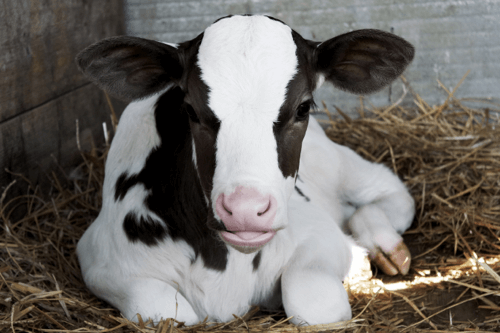Cow Diseases:A Comprehensive Guide to Prevention & Treatment
Cow Diseases: Risks, Diagnosis, and Remedies Cows are susceptible to a variety of diseases, some of which can be serious and even fatal. Here are a few common cow diseases and how to recognize and prevent them: Bovine Respiratory Disease (BRD): Also known as pneumonia, BRD is caused by a combination of bacteria and viruses. Symptoms include nasal discharge, coughing, and difficulty breathing. To prevent BRD, it's important to practice good biosecurity measures, such as quarantining new animals and keeping them away from the general herd. Mastitis: This is an infection of the mammary gland that causes inflammation and pain. Symptoms include swelling of the udder, fever, and reduced milk production. To prevent mastitis, it's important to practice good milking hygiene and to keep cows clean and dry. Bovine Tuberculosis (TB): This is a chronic disease caused by the bacterium Mycobacterium bovis. Symptoms include weight loss, coughing, and difficulty breathing. To prevent TB, it's important to have cows tested and to cull any animals that test positive. Footrot: This is a bacterial infection that affects the hooves of cows. Symptoms include lameness, swelling, and a foul odor. To prevent footrot, it's important to keep cows' living area clean and dry, and to trim hooves regularly. Bovine Viral Diarrhea (BVD): This is a viral disease that affects the immune system. Symptoms include fever, diarrhea, and weight loss. To prevent BVD, it's important to practice good biosecurity measures and to have cows vaccinated. It is important to note that early detection and prompt treatment of cow diseases are crucial for preventing the spread of infection and preserving the health and productivity of the herd. Regular veterinary check-ups, monitoring of cow's health, and implementing appropriate management practices can help to keep the herd healthy.


